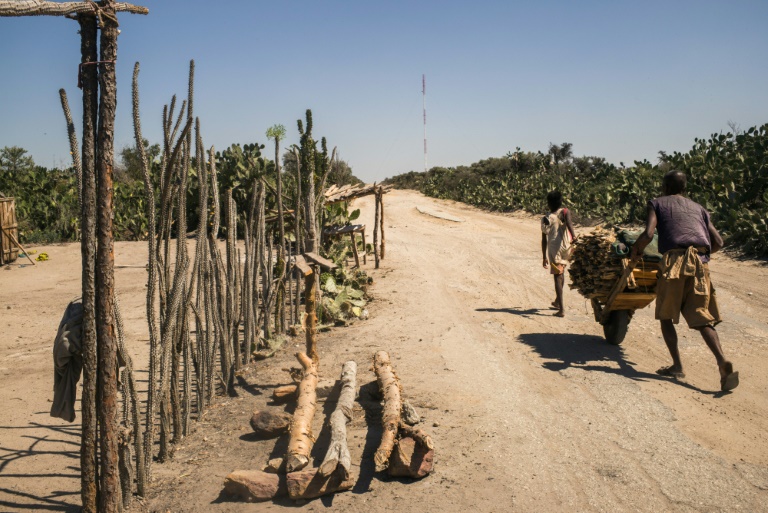Battered by drought, floods and famine they had little part in creating, vulnerable African nations are seeking billions of dollars at COP26 to boost their defences against climate change.
Many view the Glasgow climate summit as the last chance for world leaders to save humanity from its devastating consequences.
For wealthy economies, the key aim has been cuts in carbon emissions to try to limit global warming to 1.5 degrees Celsius above pre-industrial levels.
But for African countries, the biggest issue is finding enough money to help struggling economies to limit emissions but also adapt to the adverse impact of the changing climate.
The chairman of the African Union, DR Congo President Felix Tshisekedi, said Africa could not do it alone.
“As a continent that only contributes three percent of greenhouse gas emissions, Africa cannot be left on its own to manage their increasingly harmful effects,” he said at a meeting to accelerate adaptation in Africa on Tuesday.
It’s not a new challenge.
Rich nations in 2009 promised to muster up $100 billion annually to help poorer nations worldwide cope with climate change.
But that aid has still not fully materialised even as vulnerable nations are increasingly ravaged by disasters linked to climate change, from deadly floods in South Sudan and Niger to devastating famine in Madagascar.
“More than 1.3 million people are facing a food crisis,” Madagascar’s President Andry Rajoelina said of the famine currently ravaging his country.
“My countrymen are paying the price for a climate crisis that they did not create.”
– ‘Injustice is stark’ –
The African Development Bank (ADB) and the Netherlands-based Global Center on Adaptation have launched a $25-billion programme to help Africa adapt.
The African continent has secured half of those funds via the ADB, and has called on developed countries to provide the rest.
But the money “will not fill the funding gap for adaptation”, said DR Congo’s Tshisekedi.
ADB head Akinwumi Adesina called for more spending on adaptation, or measures to alleviate the effect of climate change, than on mitigation, or reducing its causes.
He said spending should at least follow a 50/50 ratio, like at his bank where 63 percent of earmarked funds go to adaptation.
Britain’s COP president, Alok Sharma, said there had been a gulf between needs and the international response so far.
“The need is great and the injustice is stark,” he said.
He announced $197 million in new funding for African adaptation from the UK government.
– ‘Stand up and help’ –
US Secretary of State Antony Blinken called on nations in part responsible for climate change to step up.
“Citizens and leaders across the regions have seen what’s coming, and they want to stop it,” he said.
“The world, especially those countries that contributed to the crisis in the first place, must stand up and help.”
IMF Managing Director Kristalina Georgieva said investing in adaptation made sense as it “is also development”.
For example, “when we protect our forests… the world must pay for that”, she said.
It should pay “also when we cut carbon emissions by sinking carbon”, she said.
Gabon is already cutting its carbon emissions by reducing deforestation and forest degradation.
Under another ground-breaking initiative, the Seychelles has swapped millions in sovereign debt for conservation funds to protect the ocean.
Tshisekedi urged donors to wrap up funding to accelerate adaptation in Africa by the next COP summit to be held in Egypt in.
“We simply can’t wait any longer,” he said.









